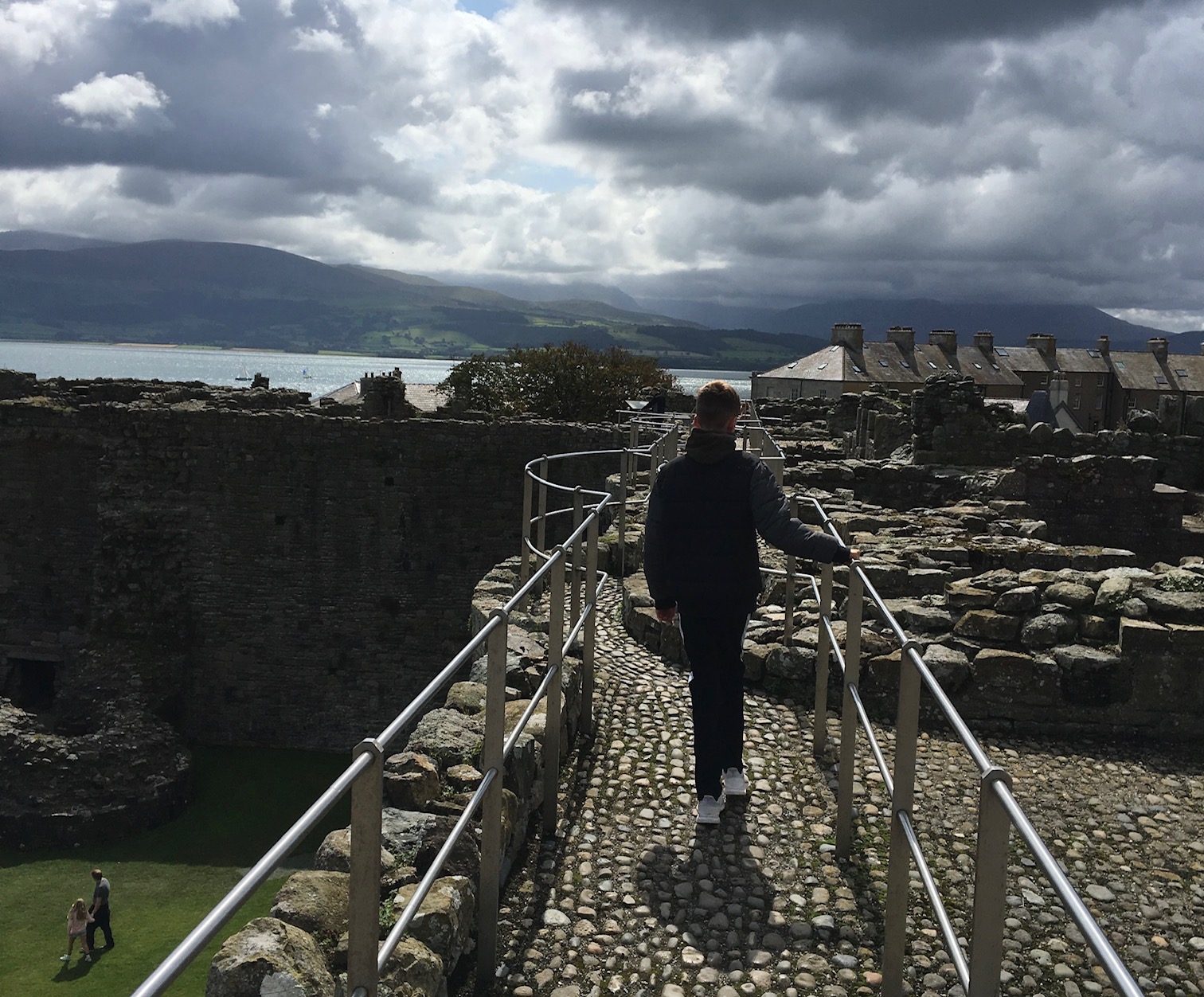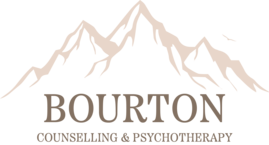Adult Adoption Counselling

Do you ever feel like you do not fit with your family group?
Do you sometimes feel that there is a void inside or that a part of you is missing?
Do you find it difficult to rely on others and have a strong sense of needing to be self-sufficient?
Do you find yourself looking at people and noticing the family resemblance? Are you curious to know what your biological family members might look like or how many there might be?
These can be some of the experiences of those who have been adopted, sometimes called 'Relinquishment'.
A look under the surface of adoption has highlighted misunderstandings in society about the legacy of being adopted. Traditionally any discussions around adoption have been about celebrating being chosen, typically leaving no space for the adoptee to explore what it is like for them not to grow up in their family of origin.
This is sometimes referred to as the ‘Primal Wound’, which is also the name of an insightful book written by Nancy Newton Verrier which explores the subject.
To acknowledge the impact is not saying that the adoption was wrong, it may have been a necessary and positive intervention, but it can result in life-long feelings.
If the adoption was not a good experience, the impact can be even greater.
Those who have been impacted by adoption are over represented in groups experiencing addiction. According to The Adoption UK website, 64% of adopted people aged 16 – 25 in 2020, were in contact with Mental Health Services, compared to the National Figure of 17% (Adoption UK, 2021).
In the adoption triad, there are of course two other parties, the birth family and the adoptive family, who can also experience their own complex melting pot of feelings, but may not feel able to share.
Sometimes the decision is made for a Special Guardianship order instead of Adoption, this too can have its own complexities and challenges, with little support.
Counselling can offer the opportunity to explore adoption, it’s impact and what it means for the individual; with someone who is independent. It allows space to work through grief and loss, and process the wide range of emotions around difficulties with trust, identity, self-worth and relationships; which may not be possible with those around them.
Since training to become a therapist, I have developed a special interest in adoption and its impact. I learnt early on that, due to legalities and limited access to relevant training, it was very difficult for those impacted by adoption to find a therapist who they could work with. Training has since become more accessible and in December 2023 there was a change in the law, which dropped the OFSTED requirement around adult counselling in adoption. Having completed the training, I feel it is complimented by my additional training in Somatic-Informed Trauma Therapy.
I have found myself particularly drawn to the personal experiences of the adoptee and really wanting to understand their perspective, thoughts and feelings. I have felt historically this has been an area that has been neglected throughout the adoption process. With the growing understanding of In Utero Development, Attachment, Epigenetics and Intergenerational Trauma, the idea of the ‘The Primal Wound’ makes sense, along with a drive to search for biological relatives, which in itself can be a difficult process.
If you would like to know more, please scroll to the top of the page where you will find the 'Click here to email' button on the right, where you can send an email to me directly, or follow this link for further information www.adultadoptioncounselling.co.uk
